charcoal burner mushroom– EDIBILITY, IDENTIFICATION, DISTRIBUTION

Edibility of charcoal burner mushroom uk
4/5 – An excellent firm-textured mushroom
Distribution of charcoal burner mushroom
4/5 – Wide distributed. and common in its habitat throughout the UK
Identification of charcoal burner mushroom.
– 3/5 – While there are several purple/greenish/grey capped brittlegills,. The charcoal burner mushroom is the only one with greasy. non-brittle gills. –Though old specimens/dry weather can result in flakey gills. (as in the mature specimen in the picture above).
The taste of charcoal burner mushroom
The taste is pleasant mushroomy, with no bitterness (see below for information on using taste as an aid to ID). Cap colour: Variable, usually most purple. but often with blue, grey, green and occasional yellowish hues. Be aware that there are several russula varieties that can have similar colours. – none are dangerous toxic and the taste test will help reveal their true nature. Cap shape: Starting rounded, becoming flattened, occasional upturned. Gills: Crowded, white, not crumbly (pliable and slight greasy). White spores. Stipe: White, quite a crumbly texture when squashed. NEVER any hint of a ring.
Habitat of charcoal burner mushrooms

Common under deciduous trees, usually, but by no means only, beech.
For those struggling to get to grips with mushroom identification. And even those with a fair bit of experience. the russula (also known as brittlegill) family of mushrooms can be very daunting. It contains over 200 species. all which have more or less the same characteristics. – pale brittle gills, white/cream coloured spores and squat crumbly white stipes. They are beautiful mushrooms that illuminate the forest floor. – most sport colourful caps from yellow to reds to greens to blues and purples. Many different species can share the same cap colour But. so close observation of cap shape, habitat. smell and taste are key to accurate identification without a microscope.
charcoal burner mushroom
Using taste to help identify a mushroom may seem counter.-intuitive in a world where killers lurk. But if you are certain you are dealing with a variety of brittlegill (russula spp.). And if you only taste (as opposed to eat) a tiny amount on the tip of your tongue, you wont come to any harm. Most russula are inedible. A few will give you a tummy upset. None are deadly.
You should not use taste to identify mushrooms (or pick any white gilled mushrooms for the pot). unless you can the amanita family from your enquiries. – see my posts on death cap, destroying angel, fly agaric, . And blusher to learn the key characteristics of this group.
charcoal burner mushrooms recipe

With that in mind, all the good edible varieties of russula actually taste pleasant. with a crisp texture, often nutty flavour and no bitterness. Don’t take half the lesson here and go around tasting all mushroom species. – i’m told some deadly amanitas taste quite pleasant!
I recommend beginners focus their russula hunting on the charcoal burner. And use taste as their final corroboration of their find. As the best of the edible russula, it is most distinguished by its pliable (ie. not crumbly) gills. That’s right…a brittlegill without brittle gills. Mushrooms are contrary like that!
What is the scientific name of the charcoal burner mushrooms?
Type Common Names The Charcoal Burner Scientific Name Russula cyanoxantha Season Start Jul Season End Oct 2 more rows …
What is a charcoal burner mushrooms?

Though the species varies in colour. Making identification difficult. charcoal burner has a distinctive brittle texture and in the UK never has a ring. It is its crumbly texture which gives this group of fungi the name of ‘the brittlegills’. The crumbly flesh made up of lots of spherical cells.
Are charcoal burner Fungi edible?

Charcoal burner fungi are edible and are popular in cooking as they have a nutty taste. And keep their texture. Did you know? The charcoal burner is so named because the caps resemble the colours of burning charcoal. And because they are reminiscent of the ruddy faces of the charcoal burners.
What is the scientific name for a brittlegill mushroom?
This brittlegill occurs also in parts of North America. The Charcoal Burner mushroom described in 1762 by Jacob Christian Schaeffer. who gave it the binomial scientific name Agaricus cyanoxanthus. (Most gilled fungi were initial placed in a giant Agaricus genus. now large redistributed to many other genera.)

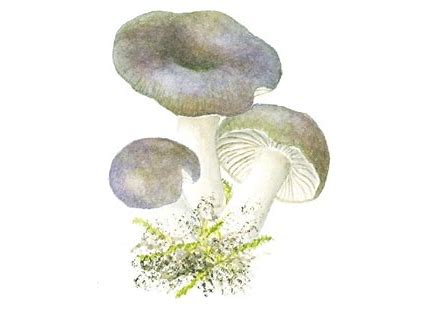
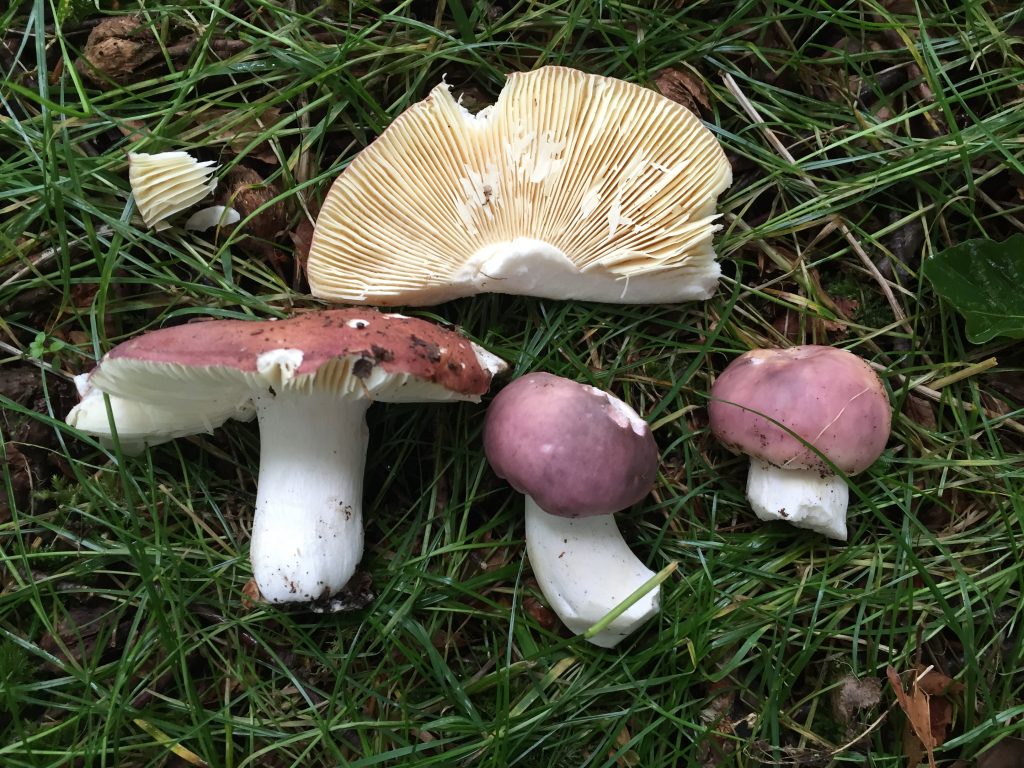
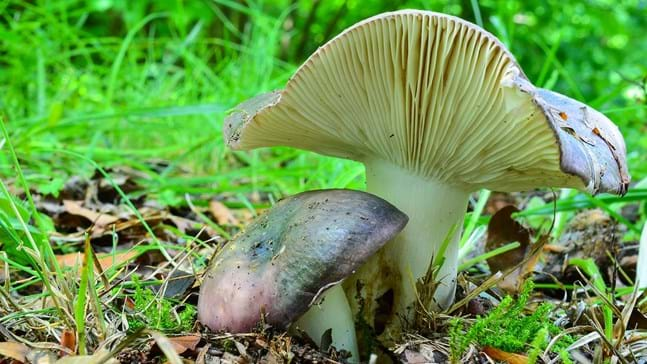
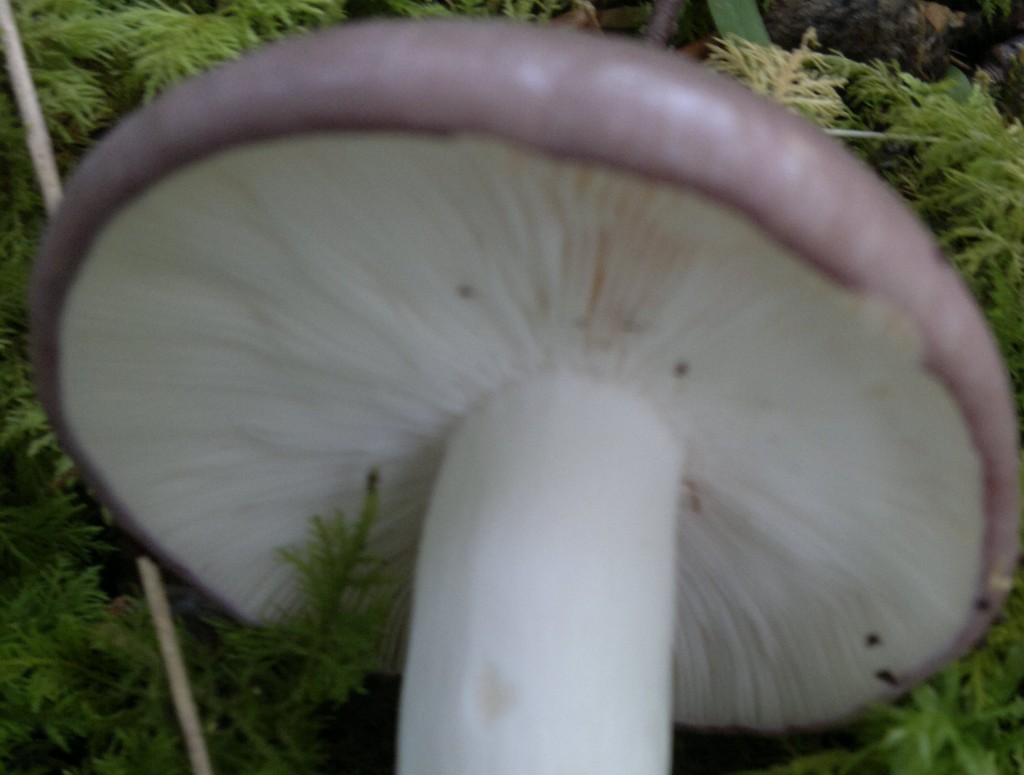
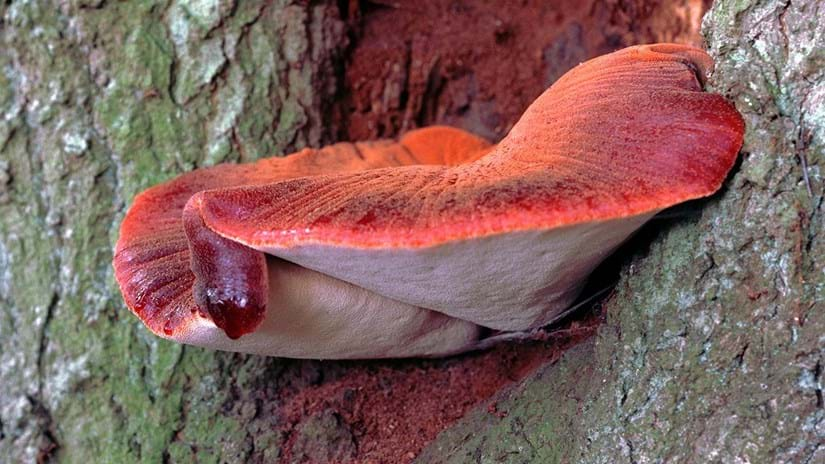
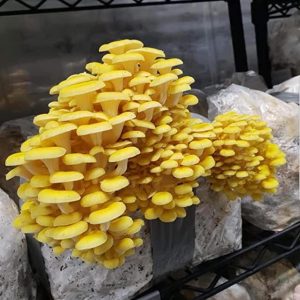
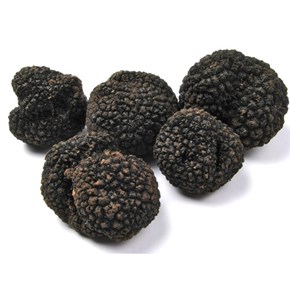
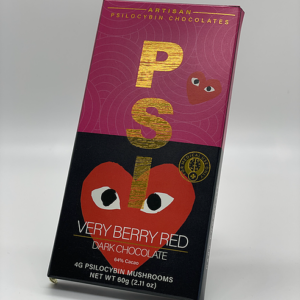
Reviews
There are no reviews yet.